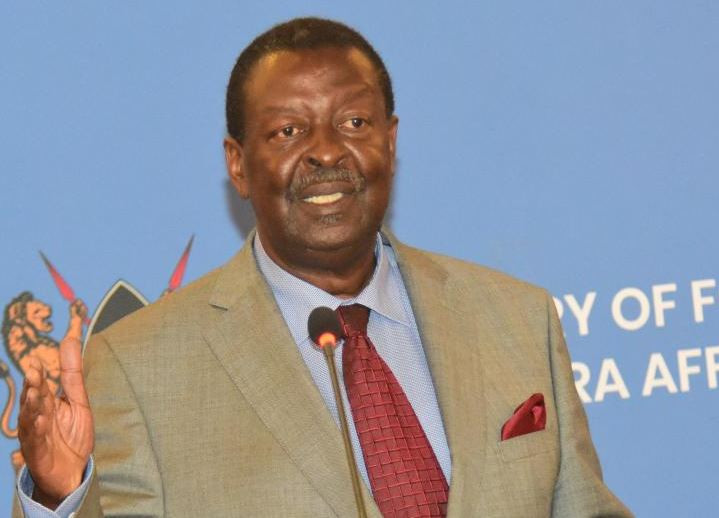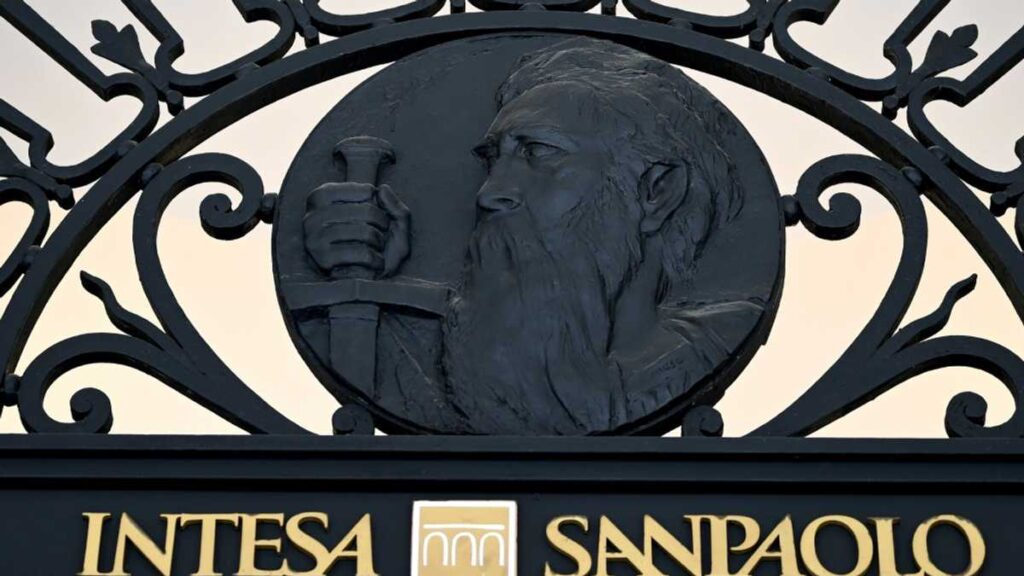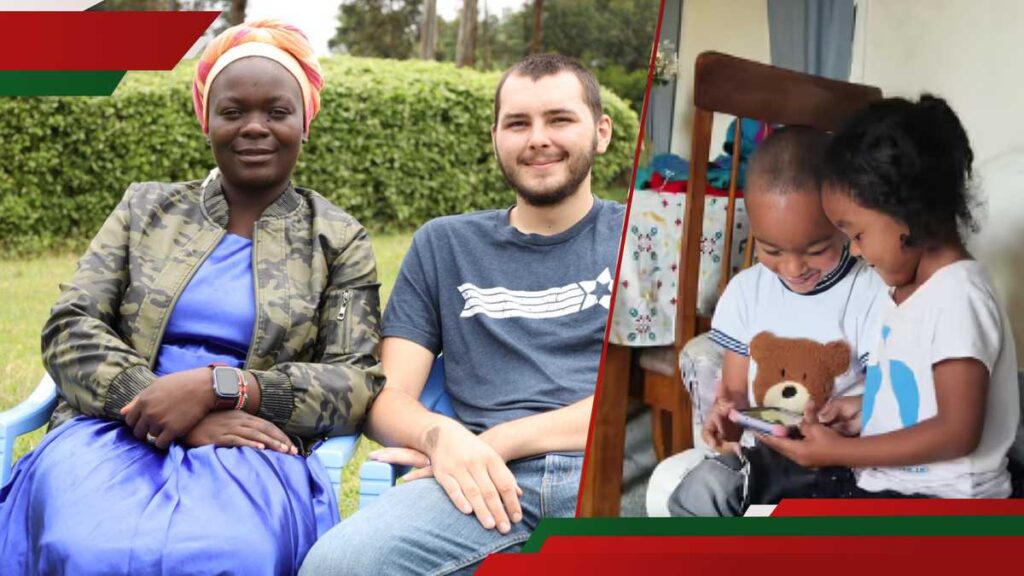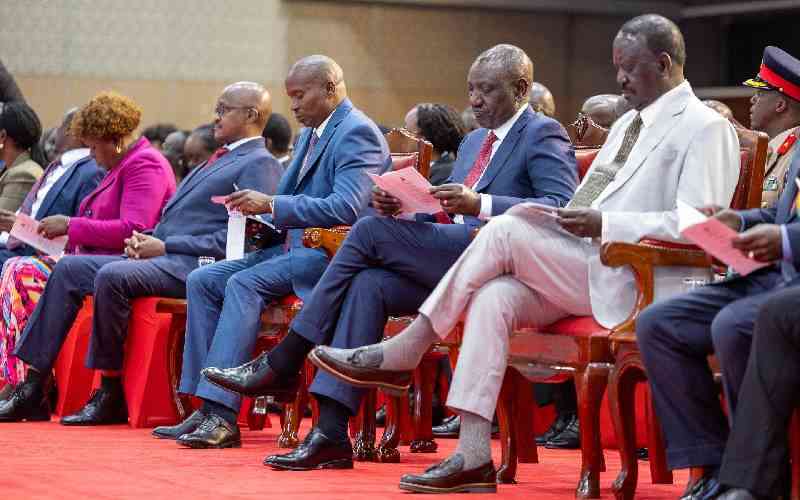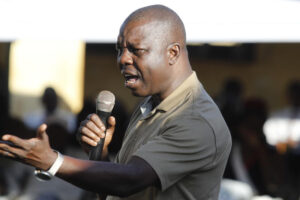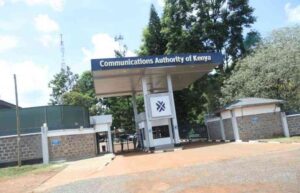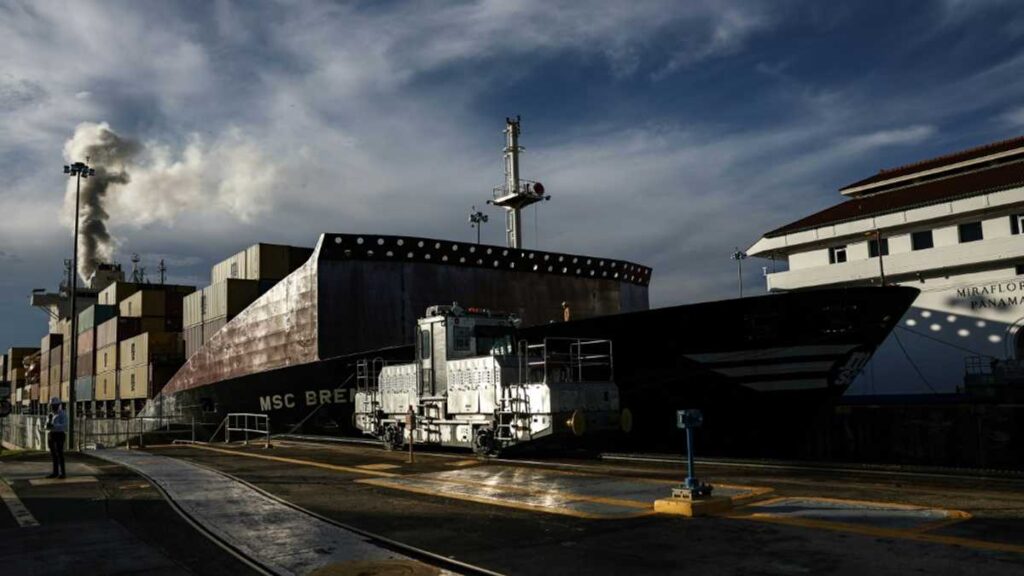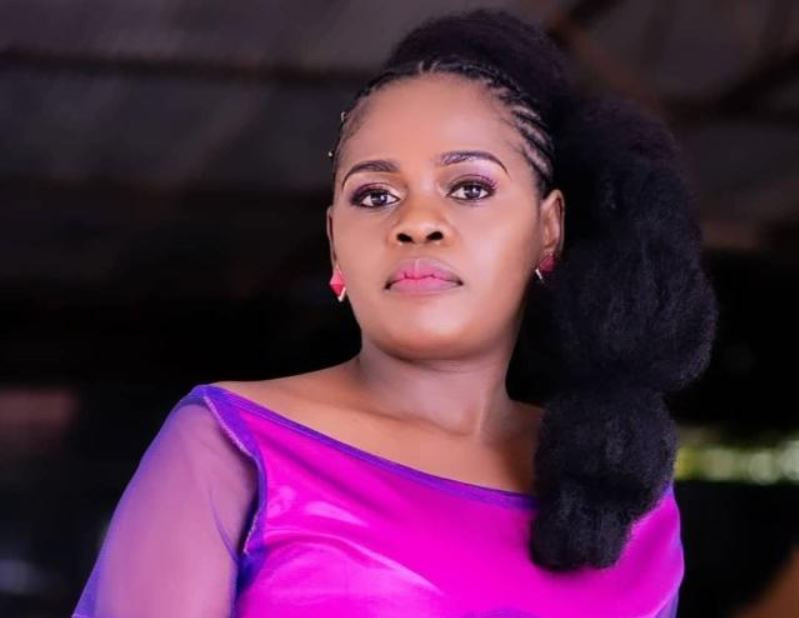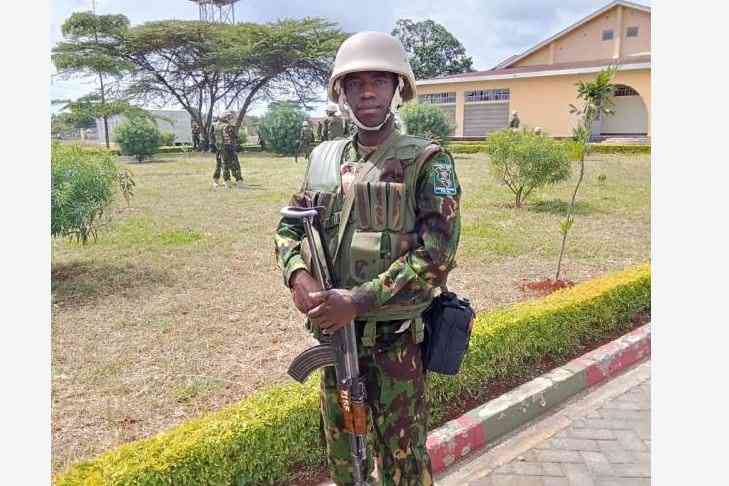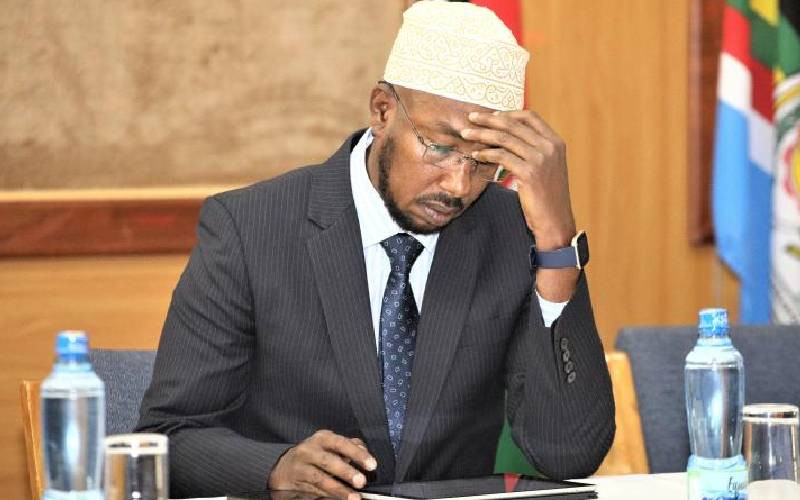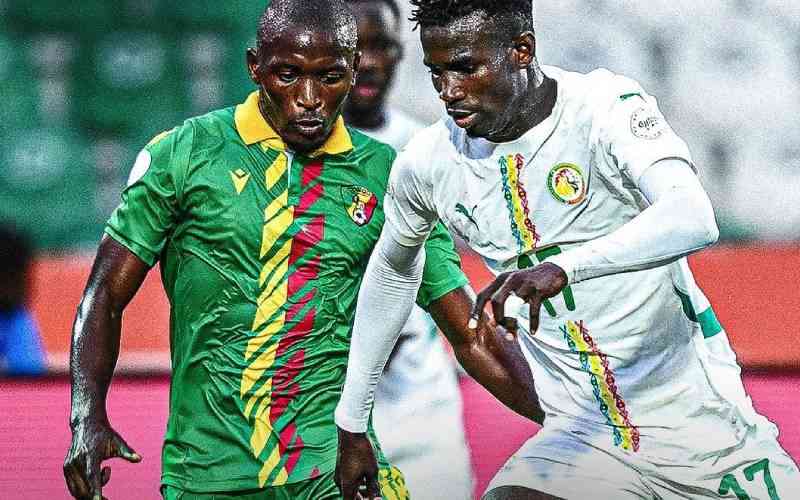Kenya will continue to be actively involved in Africa’s peace processes as part of its role as a neutral arbiter, Prime Cabinet Secretary Musalia Mudavadi has said.
Mudavadi stated that Kenya has called for the reinforcement of African-led processes through institutions established by African states in finding solutions for peace and stability.
He emphasised that Africa needs sustainable conflict resolution mechanisms to advance peace initiatives that will bring normalcy to conflict-prone nations.
Mudavadi, who made the remarks in Turkey during the 4th Antalya Diplomacy Forum, said Kenya’s contribution to Africa’s peace processes is anchored in dialogue and mutual understanding of the challenges that need to be resolved.
“Africans want to engage meaningfully amongst themselves and also with the rest of the world. We must be very careful that we do not create a new scramble for Africa that could generate more problems, as in the past. It is essential that the institutions created by African nations are respected,” Mudavadi said in a statement.
“Kenya is a peace builder and peace initiator. We are not peace breakers, and anyone trying to distort Kenya’s position is mischievous. Kenya does not support any division in the DRC or any other country,” he added.
He emphasised that Kenya respects African institutions, including the African Union and the Inter-Governmental Authority on Development, while urging African states not only to remain steadfast but also to encourage processes that will lead to win-win solutions.
“Kenya continues to play a key facilitative role for South Sudan, we are ready to support Sudan, we are engaged in the eastern DRC process, we have been at the centre of conversations for Somalia, and so many other areas that have faced challenges. Nairobi remains a base for positive dialogue,” assured Mudavadi.
“Kenya hosts the United Nations headquarters for the global south in Nairobi, and in the future, it will be upgraded to become the regional logistics and humanitarian hub. This is very significant, keeping in mind the role the UN plays in conflict resolution and humanitarian interventions. We want to ensure that, symbolically, Nairobi continues to play its role as a centre for progressive conflict resolution.”
Noting that available resources are scarce, especially those channeled to conflict interventions, Mudavadi urged Africa to mainstream its efforts through recognised institutions with structures that enable a more coordinated approach to conflict resolution.
The Prime Cabinet Secretary participated in a panel discussion on the “Horn of Africa: Risks and Opportunities,” where he reiterated that Kenya stands for a unified Sudan and its appeal is to encourage dialogue for all parties to be brought to the negotiation table to resolve the crisis.
He said Kenya will continue to support the humanitarian initiatives in Sudan, noting that Nairobi’s significance in supplying essentials that are helping the people of Sudan cannot be underestimated.
“At no time has Kenya facilitated the formation of a parallel government or a government in exile for the people of Sudan. At no time has Kenya said that it will support a divided Sudan. We have hosted both sides at one time or another, and what happened in Nairobi was a conversation by a section of the Sudanese civil society and civilian population, including political parties aligned to the RSF. They had their own conversation, came up with their charter, and if you look at the charter, there is nowhere a parallel government is formed,” explained Mudavadi.
The Prime Cabinet Secretary said Kenya is helping facilitate dialogue in Sudan in a similar manner that other countries are engaging with the warring factions in the Sudan conflict.
Stay informed. Subscribe to our newsletter
“There were talks in Paris a year ago about Sudan; you cannot say that France was dismembering Sudan. As we speak, a meeting is being planned in the UK on Sudan; you cannot say that is to dismember Sudan through London talks. We stand for one Sudan, we want the people to dialogue, and Kenya is encouraging a process that will result in a win-win solution because largely, it has been seen that the military solution will not work,” said Mudavadi.
On the Eastern DRC crisis, Mudavadi lauded the merging of the Luanda and Nairobi processes, saying this will help take a targeted approach to resolving the conflict.
He explained that the Luanda process, under President João Lourenço, focused on inter-state mediation between Rwanda and the DRC, while the Nairobi process, under retired President Uhuru Kenyatta, was an intra-DRC conversation to bring all factions within the Democratic Republic of Congo, including the M23 and other groups, to the dialogue table.
He said the adopted joint approach between the East African Community (EAC) and the Southern African Development Community (SADC) is one initiative with a common goal of bringing normalcy to eastern DRC.
“The resolutions passed by all the Heads of State, including the Head of State for Rwanda and the one for the Democratic Republic of Congo, is that we want an immediate ceasefire and all parties to be on the table to talk. This includes discussions with all groups inside the DRC who are facing challenges,” said Mudavadi.
He defended the mission that Kenyan troops were involved in, saying it was under the auspices of the EAC, of which Kenya is a member state.
“The mission was an EAC process sanctioned even by the DRC government itself, so the East African Community Regional Force (EACRF) was not a Kenyan force; it was an East African Community Force in the DRC, and the DRC is a member of the EAC, just as Kenya is a member. Kenya has not violated anything; it is a distortion that we need to correct,” said Mudavadi.








